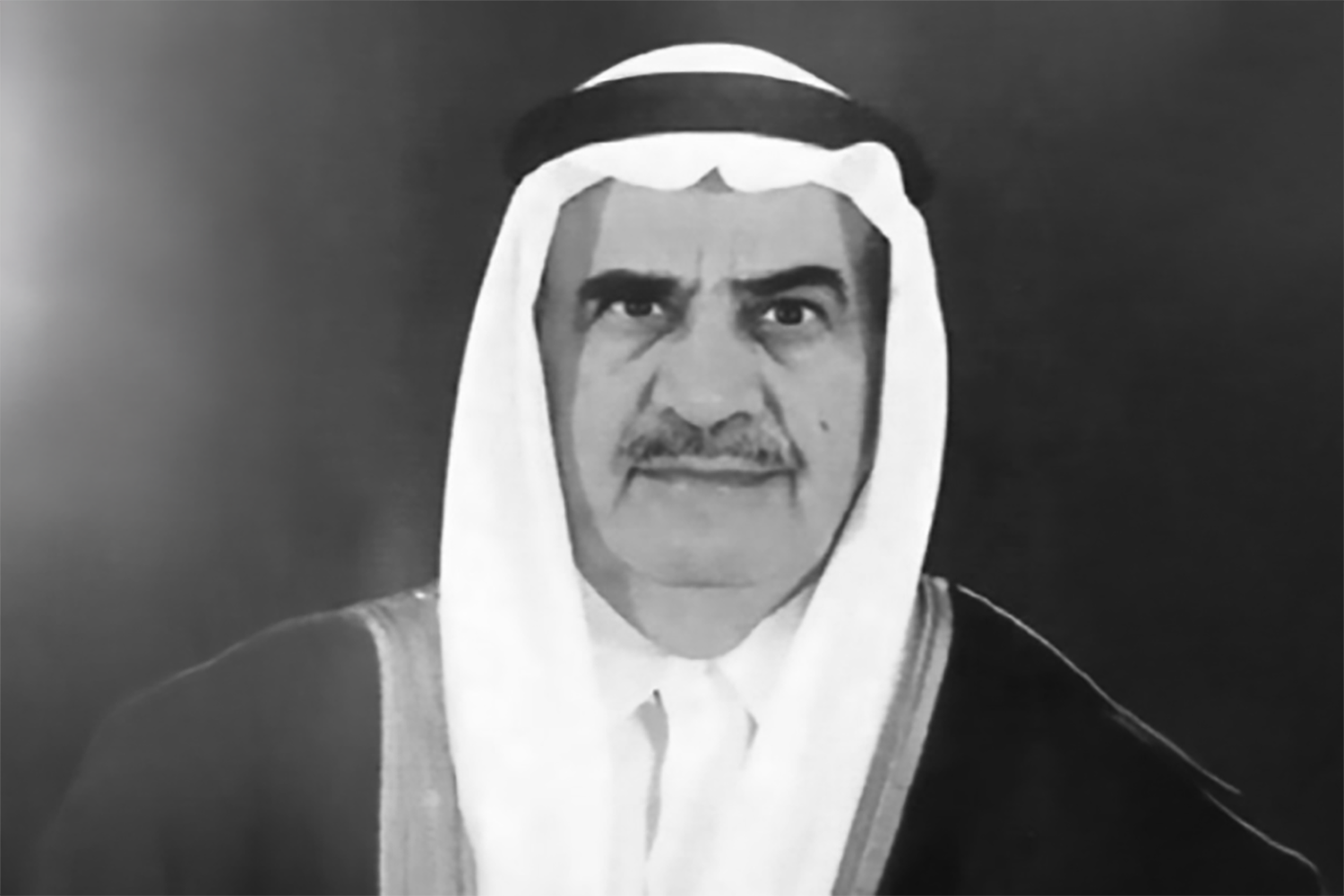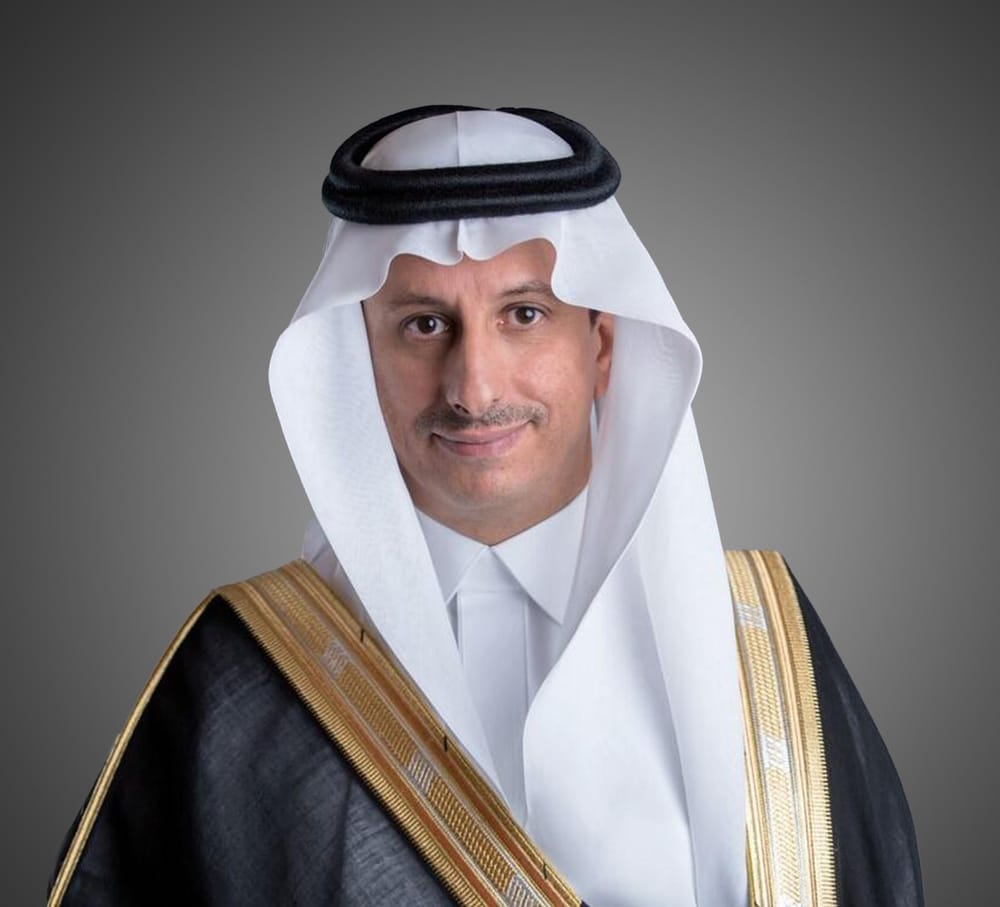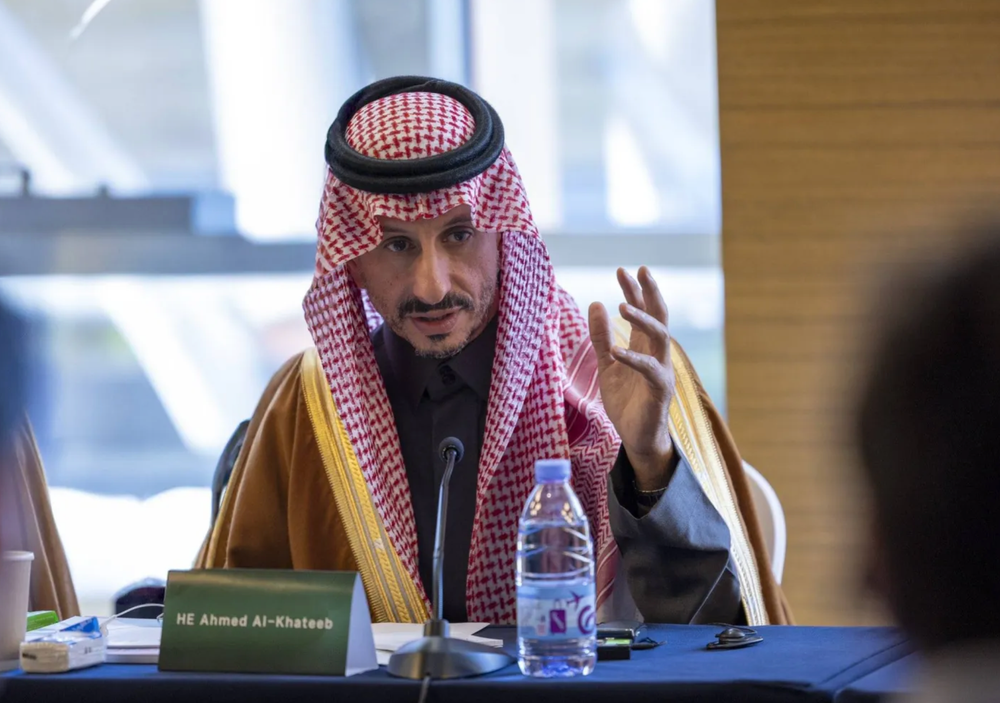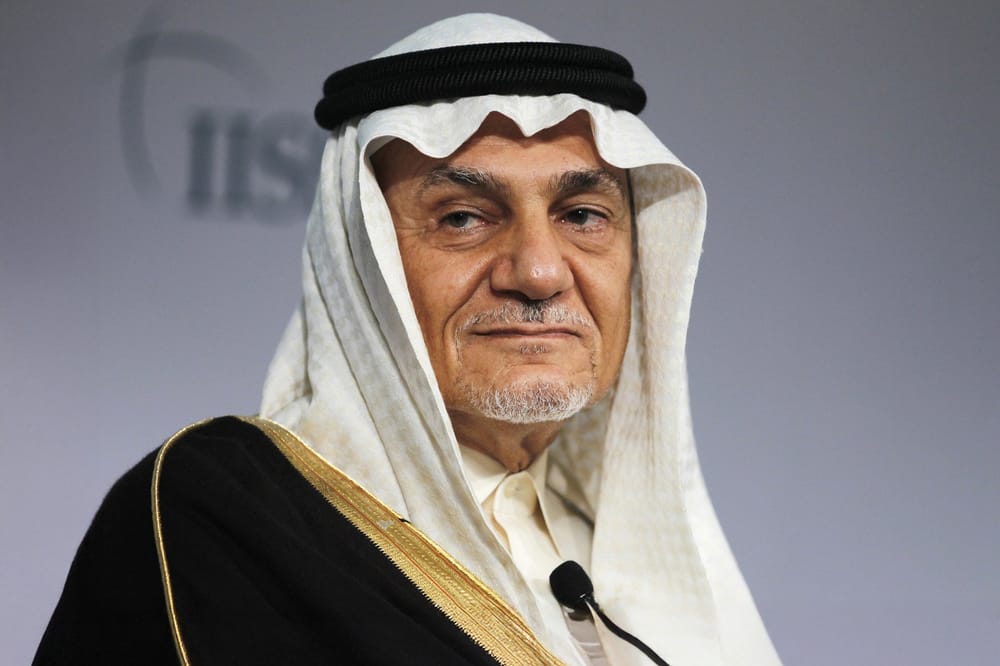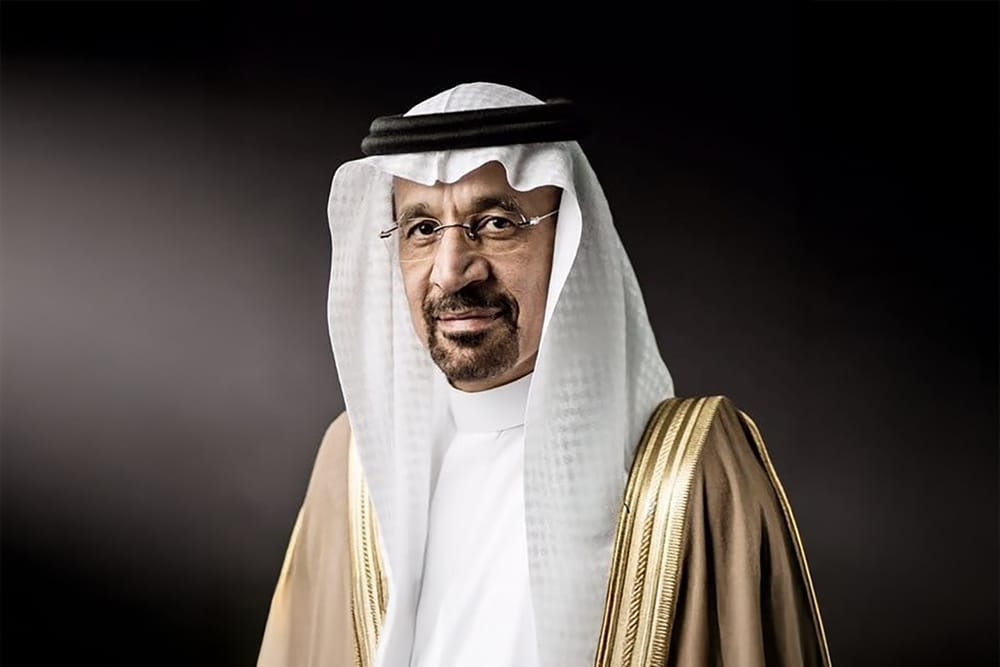Abdulaziz Al-Quraishi's appointment as the Governor of SAMA in 1974 marked a significant milestone in Saudi Arabia's journey towards economic self-reliance. As the first Saudi national to hold this position, his leadership coincided with a period of unprecedented economic growth fueled by the oil boom. Al-Quraishi's vision and policies were instrumental in laying the foundation for the Kingdom's modern financial infrastructure, aligning with the broader objectives of national development and diversification.
The Leader’s Vision & Contributions
Al-Quraishi envisioned a robust and autonomous financial system that could effectively manage the Kingdom's burgeoning oil revenues and support its ambitious development plans. His strategic initiatives included:
- Strengthening Monetary Policy: Implementing measures to stabilize the Saudi riyal and control inflation during a period of rapid economic expansion.
- Developing Financial Institutions: Enhancing the capabilities of SAMA and other financial entities to manage the country's monetary policy and financial stability.
- Promoting Economic Diversification: Encouraging the growth of non-oil sectors to reduce the Kingdom's dependence on oil revenues.
- Human Capital Development: Investing in the training and development of Saudi professionals to lead and manage financial institutions.
His tenure was characterised by a commitment to building a resilient financial system capable of supporting the Kingdom's long-term economic goals.
Key Milestones in the Office
During his nearly decade-long leadership, Al-Quraishi oversaw several significant developments:
- Relocation of SAMA Headquarters: In 1979, the headquarters of SAMA were moved from Jeddah to Riyadh, symbolising the centralisation and strengthening of financial governance.
- Establishment of Regulatory Frameworks: He played a pivotal role in formulating policies that governed banking operations, foreign exchange, and financial markets, ensuring stability and investor confidence.
- Management of Oil Revenue Surge: Effectively managed the influx of oil revenues post-1973, implementing policies that stabilized the economy and facilitated sustainable growth.
- Advancement of Financial Infrastructure: Oversaw the modernization of the Kingdom's financial infrastructure, including the development of banking regulations and the establishment of financial institutions that supported economic diversification.
These milestones reflect Al-Quraishi's strategic approach to building a robust financial system aligned with the Kingdom's development objectives.
Leadership Lessons
Abdulaziz Al-Quraishi's tenure offers several valuable leadership insights:
- Visionary Planning: Anticipating economic challenges and opportunities, and formulating strategies to navigate them effectively.
- Capacity Building: Prioritizing the development of national talent to ensure sustainable leadership in key sectors.
- Adaptive Governance: Responding to rapid economic changes with flexible and forward-thinking policies.
- Collaborative Approach: Engaging with international financial institutions to align the Kingdom's financial practices with global standards.
These lessons underscore the importance of strategic foresight, adaptability, and investment in human capital in effective leadership.
Legacy and Relevance Today
The foundations laid by Al-Quraishi continue to influence Saudi Arabia's financial policies and economic strategies. His emphasis on national leadership and economic diversification resonates with the objectives of Vision 2030, underscoring the enduring impact of his contributions.
His tenure set a precedent for future leaders, demonstrating the importance of aligning financial governance with national development goals. The institutions and policies established under his guidance remain integral to the Kingdom's ongoing economic transformation.
Conclusion
Abdulaziz Al-Quraishi's leadership during a transformative era in Saudi Arabia's economic history exemplifies the qualities of foresight, adaptability, and commitment to national development. His legacy serves as an inspiration for current and future leaders dedicated to advancing the Kingdom's prosperity in alignment with Vision 2030.


